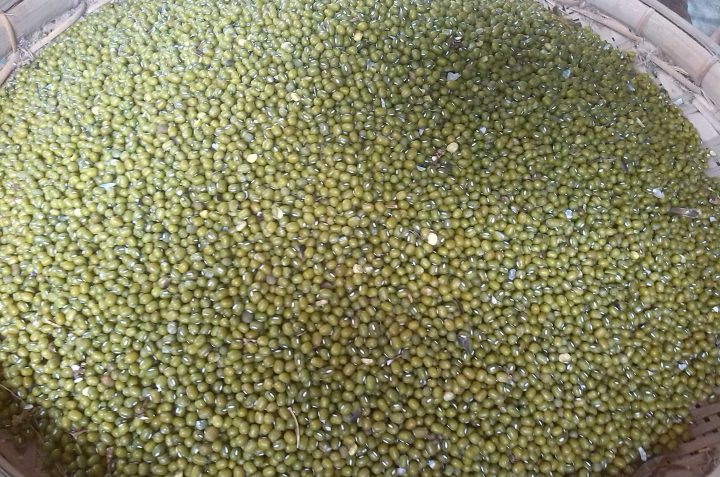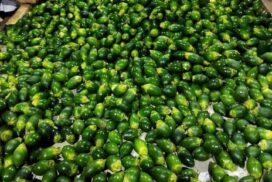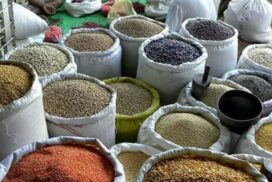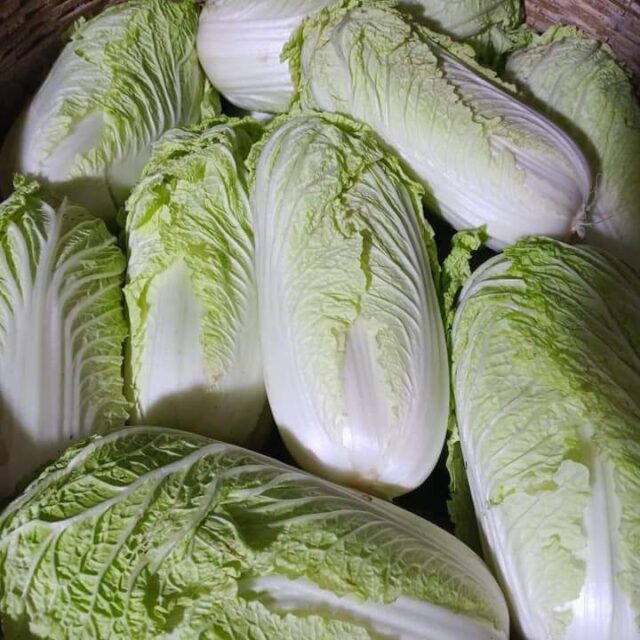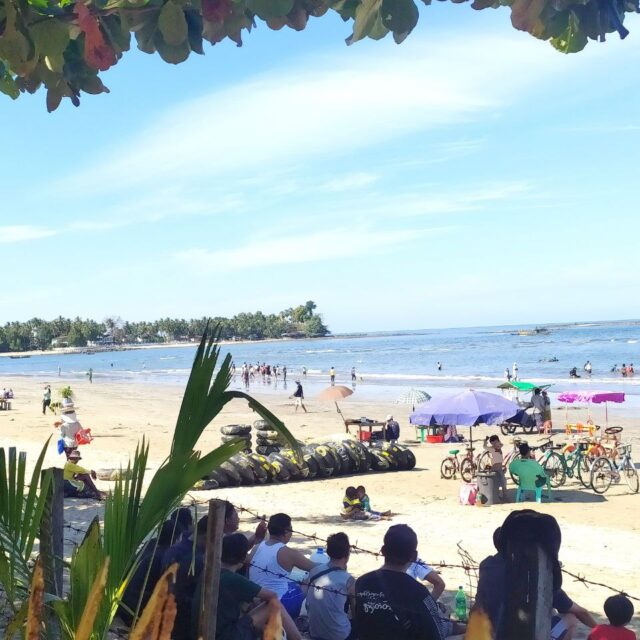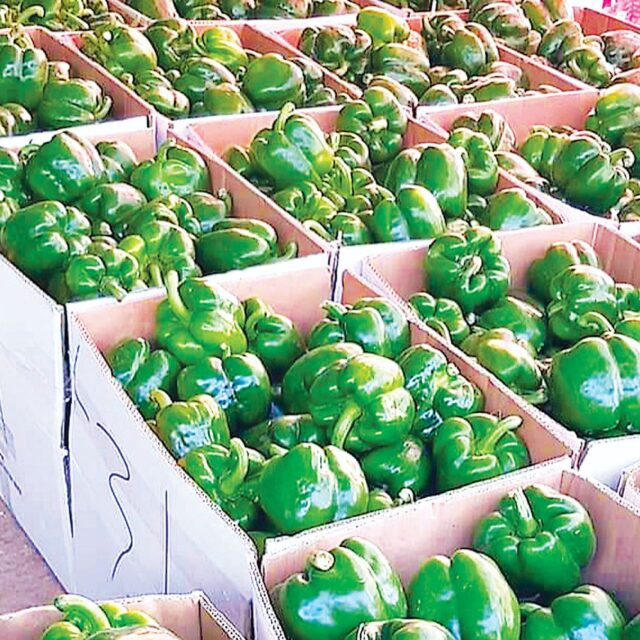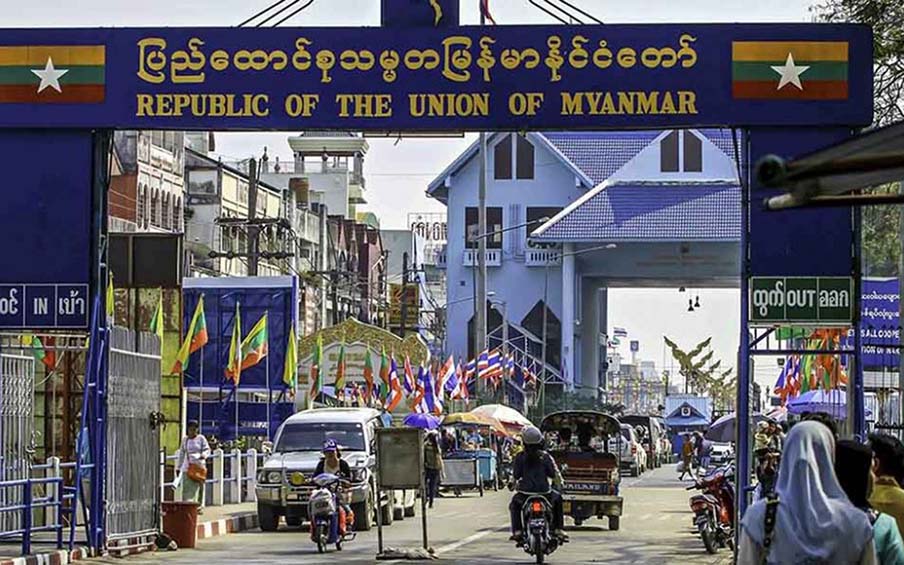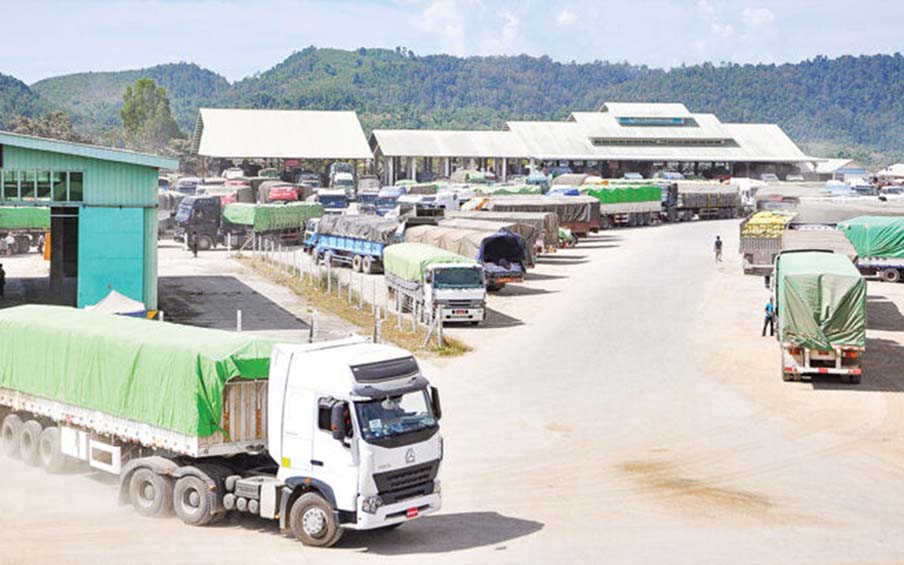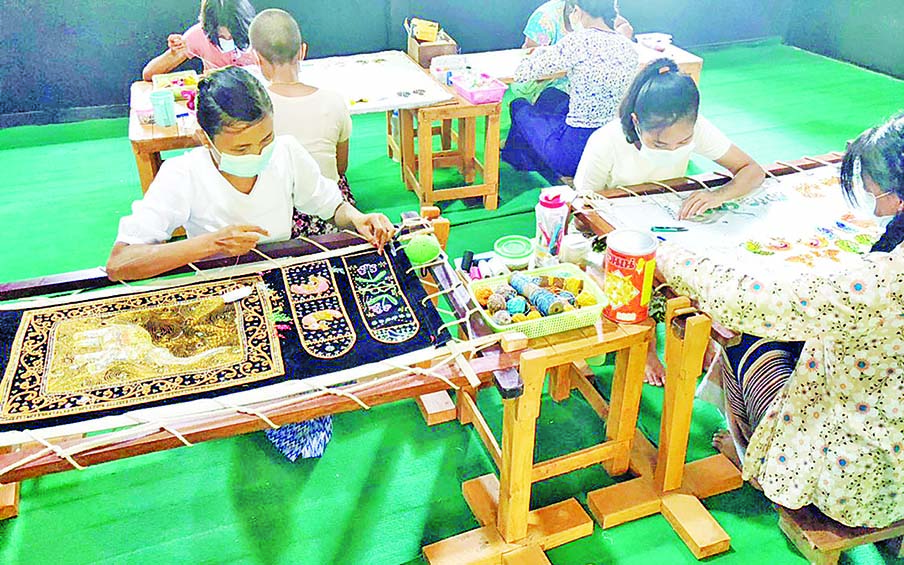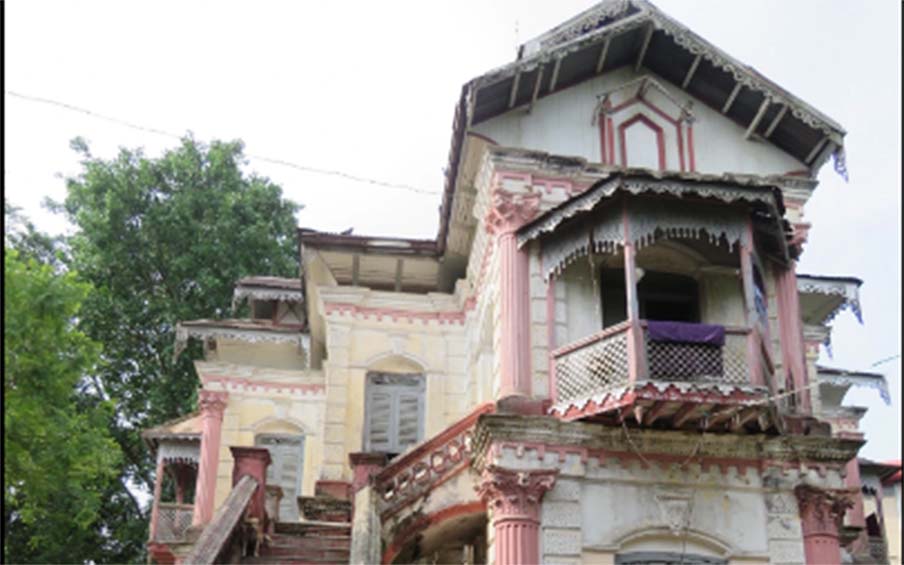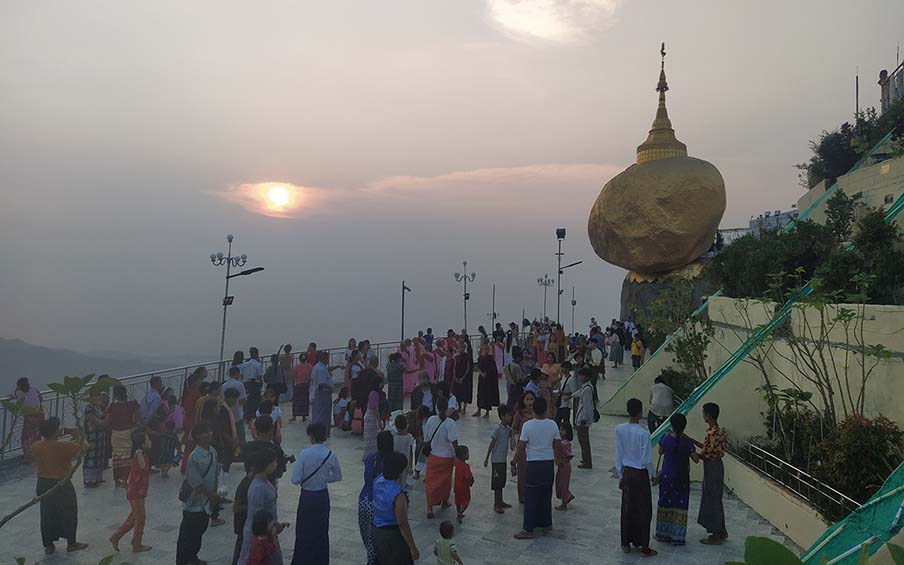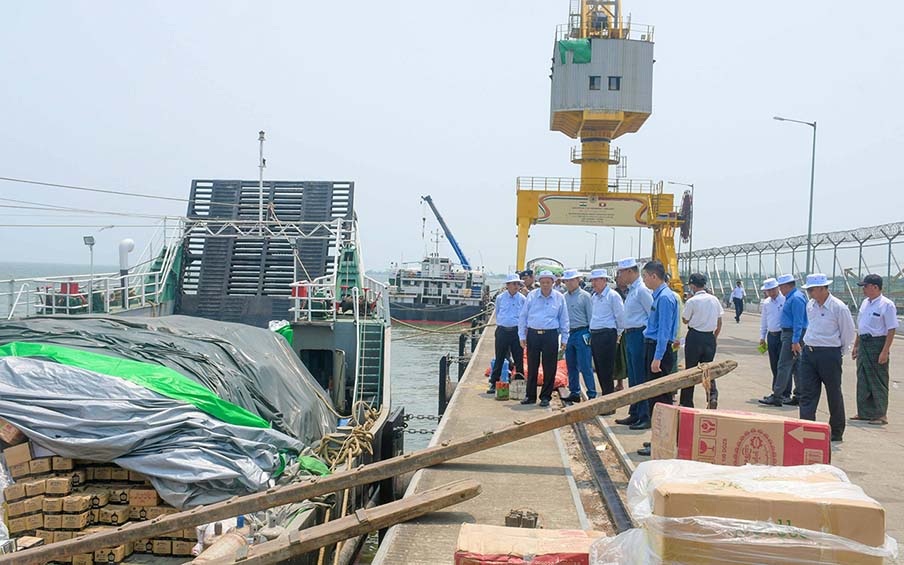The price of green gram soared above K1.7 million per tonne in the Mandalay market on the back of strong demand by foreign trade partners.
On 3 January 2023, the green gram price hit K1,524,000 per tonne. The price surged to K1,709,000 per tonne on 24 January 2023. The price showed an increase of K185,000 per tonne within three weeks.
The newly harvested green gram started to flow into the market at the end of 2022. China has been purchasing Myanmar’s green gram, the Mandalay commodity depot stated.
Myanmar has been preparing to export green gram to European Union countries in 2023, according to the Ministry of Commerce.
The Ministry of Agriculture, Livestock and Irrigation and the Ministry of Commerce agreed to export the green grams for sprouts in 2015.
The steering committee has been holding a series of meetings to call for bids, conduct awareness courses for the farmers and inspect farm-level processing regarding exports of the green grams for bean sprouts.
The Agriculture Department takes-charge of farmer and collector inspection and testing, while the Consumers Affairs Department carries out processor inspection and training. Myanmar Inspection and Testing Service (MITS), the authorized organization of the State, was asked to monitor processor level to meet the criteria, food safety and quality standard set by the EU. Those inspectors from MITS are trained by the experts of the Plant Protection Division, the Agriculture Department and the German Development Agency GIZ.
MITS conducted inspections annually, with nine in 2018, 10 in 2019, six each in 2020 and 2021 and five in 2022 respectively.
For Myanmar’s bean and pulses exports to the EU, handling and hygiene practices are crucial for bean export to the EU. The inspection undergoes the following stages; purchasing green grams, warehousing, processing and refining green grams, cargo handling for exports, quality control and health and hygiene of the workers.
The MITS undertakes an inspection once at a factory that meets the criteria and standards. If the MITS finds the requirements during inspection, they set a timeframe for the factory manager to fix them. Then, they went on a second inspection tour. They present certificates for those factories that pass the test.
The MITS is ready to implement a processor-level test for those export companies to the EU in 2023.
Myanmar’s green gram is primarily shipped to India, China and European countries. It has grasped a strong market share in international markets.—NN/EMM
Green gram price jumps to over K1.7 mln per tonne on strong demand
- January 25, 2023
- 497
